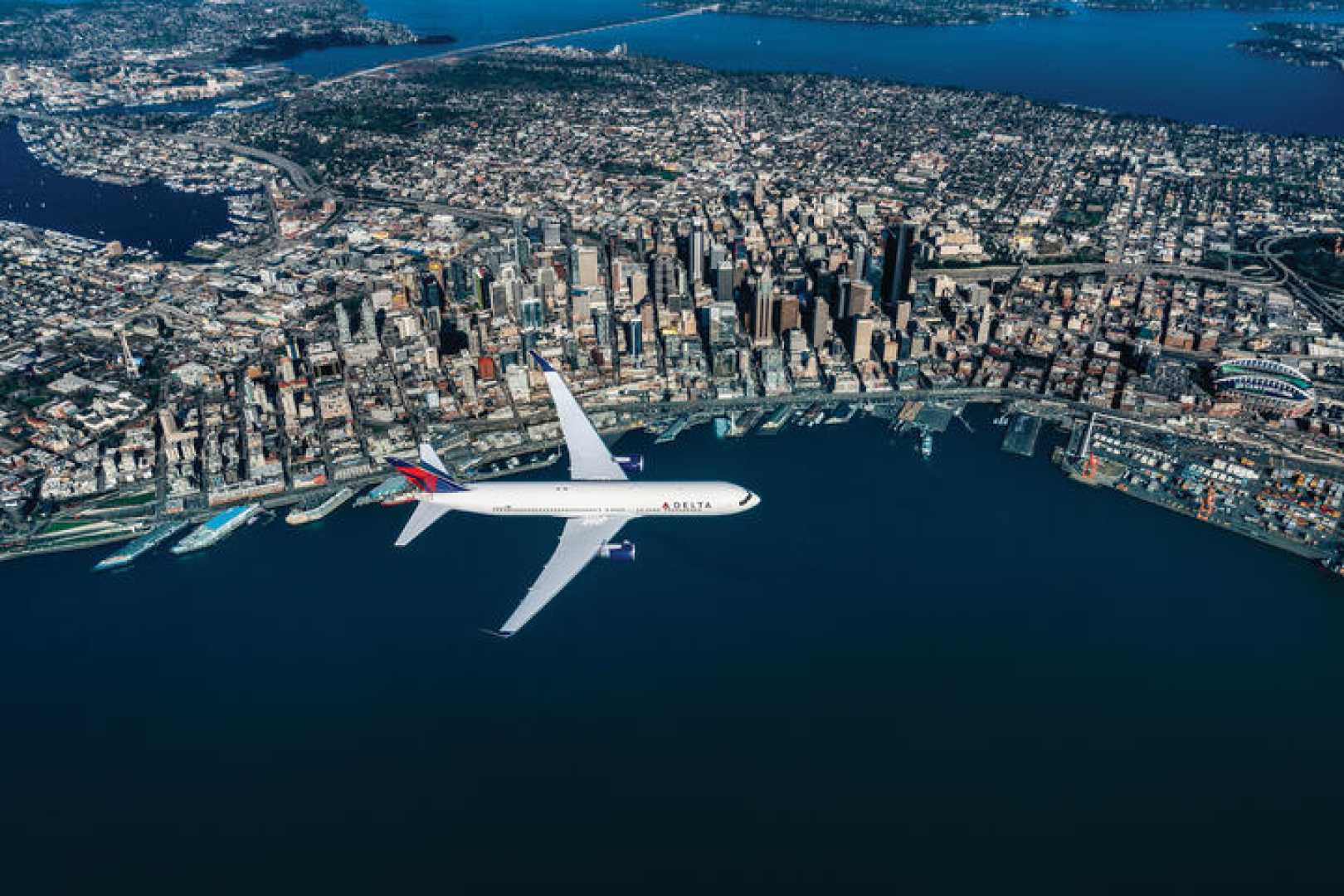Business
Airlines Slashing Profit Estimates Amid Economic Concerns

CHICAGO, March 10 (Reuters) – Delta Air Lines has drastically cut its first-quarter profit estimates as U.S. economic uncertainty weighs on travel demand. The Atlanta-based carrier now expects losses between 60 and 80 cents per share in the first quarter, significantly wider than its previous forecast of a 20 to 40 cent loss. Revenue for the quarter is projected to be flat compared to a January estimate predicting a 5% increase.
Delta’s revised outlook comes before the upcoming JPMorgan airline conference, where CEO Ed Bastian highlighted the impact of declining consumer and corporate confidence on domestic travel demand. “I think people are cautious and they’re pulling back a little bit on travel,” Bastian said. “They are waiting to see what is going to transpire, whether it’s trade and tariff challenges or macroeconomic policy changes.”
American Airlines also reported a weaker revenue environment, attributed in part to the fallout from an incident involving one of its regional jets and a military helicopter in Washington, D.C. earlier this year. American noted that the softness is particularly pronounced in the domestic leisure market.
Both Delta and American have attributed recent declines in travel to continuous economic worries, including government spending cuts and increasing inflation rates. “We have seen weakness in the demand market,” said American Airlines CEO Scott Kirby, stating that fluctuations in corporate travel are contributing to this trend.
Additionally, Delta announced plans to retire 21 aircraft ahead of schedule to cut costs. The airline expressed optimism about long-term trends, emphasizing continued strong demand for premium and international travel. Despite these positive indicators, Delta shares fell 14% following the earnings revision.
This issue is not isolated to Delta. United Airlines also slashed its unit revenue guidance, predicting growth of no more than 4% compared to earlier estimates of 7% to 9%. In a significant policy shift, United announced an end to its complimentary baggage allowance for the first checked bag, set to take effect in May.
Industry analysts note the inherent volatility in travel demand linked to broader economic indicators. Jefferies’ analysts revealed that Delta’s recent profit cut, while anticipated, exceeds previous expectations. Airline stocks, already under pressure, faced further declines, with Delta shares dropping as much as 14% and United Airlines declining 11% in after-hours trading.
The S&P 500 passenger airlines index has seen a 22% decline in the past month, further reflecting industry uncertainties as economic indicators trend downward. As airlines navigate these challenges, watchers anticipate updates from other major carriers, particularly in light of positive growth in long-haul and premium segments.
The economic slowdown and the subsequent impact on travel demand present significant challenges for the airline industry as it braces for the upcoming busy travel season.












